
OR
#OPINION
NATO Serving as a Catalyst to Fuel Violence
Published On: April 27, 2024 08:00 AM NPT By: Loknath Sangroula

The North Atlantic Treaty Organization, or NATO, celebrated its 75th anniversary on April 4, 2024, reaffirming its commitment to stand by Ukraine and weighing a plan to provide more predictable and longer military support. At its expansive Brussels headquarters, filled with bustling activity, military bands from Belgium and the Netherlands played the NATO anthem, setting a tone of solidarity and resilience. Since its inception with 12 founding nations, the alliance has nearly tripled in size, with Finland and Sweden joining swiftly to shelter under NATO’s collective security pledge. This promise, as provided for in Article 5 of the NATO Charter or Washington Treaty, stipulates that an attack on any one of their members will be met with a united response, considering it an armed attack against all members of the organization. Despite the festive optics of music, anthems, and cake, the celebratory mood belied the underlying concerns of key leaders. There is a growing concern that the military block is facing its biggest ever challenges.
Throughout its history, NATO has conducted full-scale invasions, air campaigns, support missions, anti-piracy campaigns, making it one of the most active military blocs in history. With a total of 3.5 million soldiers and over 5,000 nuclear warheads, its primary objective is to ensure the security and defense of its member countries against the threat of aggression in the aftermath of World War II, during a period of heightened tension between the Western powers and the Soviet Union, known as the Cold War. Collective defense forms its core principle. In response to it, the Warsaw Pact was formed in 1955 by the Soviet Union and seven other Eastern European countries. Like NATO, the Pact was also founded on the principle of collective defense. However, the Warsaw Pact dissolved in 1991 with the end of the Cold War and the USSR.
From 1949 to 1991, NATO's activity was limited, characterized more by strategic maneuvering than direct engagement in combat. During the Cold War, NATO had the only mission to contain the spread of communism. Once the NATO's first Secretary General Lord Ismay quipped, NATO’s purpose was to “keep the Soviet Union out, the Americans in, and the Germans down."As early as January 1990, in his speech on German reunification, West German Foreign Minister Hans-Dietrich Genscher emphasized that "the changes in Eastern Europe and the German unification process must not lead to an 'impairment of Soviet security interests.'" On February 9, 1990, then-US Secretary of State James Baker reassured Gorbachev with his famous "Not one inch eastward" statement regarding its expansion. Subsequently, in a crucial meeting held the next day, between West German leader Helmut Kohl and Soviet leader Mikhail Gorbachev, it was agreed that the Soviet Union would, in principle, accept German reunification within NATO, provided NATO did not expand to the east. However, in the years that followed, these promises were far from kept.
On March 24, 1999, NATO launched Operation Allied Force, an aerial bombing campaign against the Federal Republic of Yugoslavia. This operation, conducted without UN Security Council sanction, aimed to address the humanitarian crisis in Kosovo. The operation concluded 78 days later on June 10, 1999, following Yugoslav President Slobodan Milosevic's capitulation and the subsequent withdrawal of Serbian army and parliamentary forces from Kosovo. The campaign resulted in widespread destruction, including severe damage to hospitals, radio stations, embassies, schools, and bridges. The war left Yugoslavia, which does not exist today, in tatters. Yugoslavia has broken up into different countries, and they are among the poorest nations in Europe. Some reports indicate a death toll exceeding 2,000. It left a trail of destruction.
Following the Cold War, NATO underwent ten rounds of eastward enlargement, significantly expanding its borders with Russia. In 1994, Finland and Sweden joined NATO’s Partnership for Peace program. The next year, they joined the EU, effectively ending their neutrality while maintaining military nonalignment. Finally, Finland became a NATO member in 2023 and Sweden joined in 2024. In 1999, three former Warsaw Pact nations – the Czech Republic, Hungary and Poland – joined NATO. The NATO-Russia Council (NRC) was established in 2002 to serve as a forum for cooperation between NATO members and Russia on a range of security issues. However, over time, NATO's relationship with Russia became strained particularly following the 2014 Russia's annexation of Crimea, which Russia said was precipitated by the evolving geopolitical contours.
In 2001, Article 5 was first triggered after the 9/11 attacks on the US and the alliance entered Afghanistan. NATO led a UN-mandated force called International Security Assistance Force (ISAF) from 2003 to 2014. In 2015, the Resolute Support Mission (RSM) was launched with a view to training and preparing the Afghan army. They clearly failed at it. NATO's 20-year war resulted in the death of some 47,000 civilians, many of them by the bloc. More civilians were killed by allies and than insurgents (bbc.com). NATO jumped into Libya in 2011, dropping over 9,000 bombs. They toppled Muammar Gaddafi, but at what price? Fast forward almost 13 years, and the country's still in chaos, with almost 40% of its people living in poverty. NATO plays both judge and executioner, bombing countries to bits, then patting itself on the back and disappearing, leaving nothing but ruins and despair. It's like a rogue do-gooder with a taste for destruction.
Three former Warsaw Pact nations — the Czech Republic, Hungary and Poland — joined NATO in 1999, putting the Kremlin on its guard. The 2003 Operation Iraqi Freedom, while not a NATO-led mission, involved forces from various countries, including NATO members. The Iraq war was completely unprovoked, based on phony intelligence alleging Iraq's possession of weapons of mass destruction (WMD). Even today, Iraq remains unstable and in disarray. In 2004, NATO saw its biggest expansion yet, with seven new members, namely, Bulgaria, Romania, Slovakia, Slovenia, Estonia, Latvia and Lithuania joining NATO. The latter three are the only former Soviet republics to have joined the alliance. And, this really unnerved Russia, as NATO was now right at its doorsteps.
For Putin, NATO's expansion towards Russia's borders was not just a matter of security; it was a Darwinian existential threat. At the 2007 Munich Security Summit, Putin warned – STOP! You are threatening our core security concerns. At the 2008 Bucharest Summit, he strongly opposed the US plans to deploy missiles in Poland and the Czech Republic, as well as the membership bids of Georgia and Ukraine.Putin cautioned George W. Bush, stating that crossing these boundaries would be a red line for Russia and could lead to dire consequences. NATO threw his pleas to the wind and this ultimately led to the invasion of Ukraine in 2022. NATO has been conducting the Steadfast Defender 2024 joint military exercise to ensure interoperability involving 90,000 troops, the largest war game after the Cold War, along the eastern flank of alliance member countries of Europe bordering Russia. This has sparked tensions and shaken global stability. However, its future is in limbo if Donald Trump were to win the 2024 US presidential elections. His NSA, John Bolton, once confirmed that the former president was on the cusp of withdrawing from NATO.
In conclusion, has NATO contributed to a better world? Its record suggests otherwise, with a pattern of intervention, destruction, and abandonment. Whether in Afghanistan, Iraq, Libya, or Yugoslavia, one has to recognize that its involvement has often exacerbated situations rather than improving them.The alliance's primary success, if any, lies in its role in preventing tensions with the erstwhile USSR from escalating into an actual war during the Cold War. The Euro-Atlantic grouping has transformed itself into an imperialistic NATO, assuming the role of a global policing force and thereby heightening global tensions rather than promoting stability. The shift is ironic, considering one of NATO's key functions is supposed to be"crisis management". NATO has actively sought "partnerships" in East Asia, though it asserts that it has no intention of expanding its membership in the region. However, plans for a NATO liaison office in Tokyo were halted after French President Macron warned that the move would be a "big mistake".
In theory, NATO should have retired after fulfilling its mission of defending the "free world" against the communist threat. However, the alliance has persisted and is reluctant to retire, despite the changing global landscape. Ever since its founding in 1949, NATO has served as a catalyst for fueling the arms race and perpetuating militarization.A peaceful world of the twenty-first century, where humanity prevails, would be one without the military alliance.
You May Like This
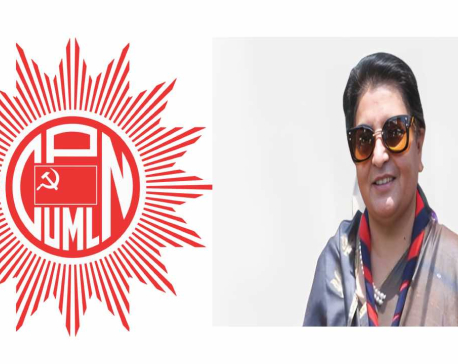
UML celebrating Diamond Jubilee today
KATHMANDU, April 22: The CPN-UML is celebrating the 75th anniversary of the establishment of the party on Monday. ... Read More...
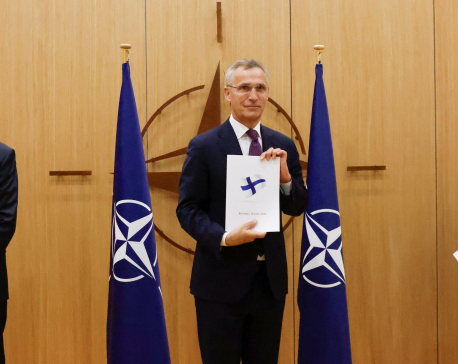
Finland to formally join NATO on April 4: president office
HELSINKI/BRUSSELS, April 4: Finland will officially become the 31st member of the North Atlantic Treaty Organization (NATO) on Tuesday, April... Read More...
_20220815190434.jpeg)
Indian Embassy celebrates 75th Independence Day in Kathmandu
KATHMANDU, August 15: The Embassy of India in Kathmandu has celebrated the 75th Anniversary of Indian Independence. ... Read More...
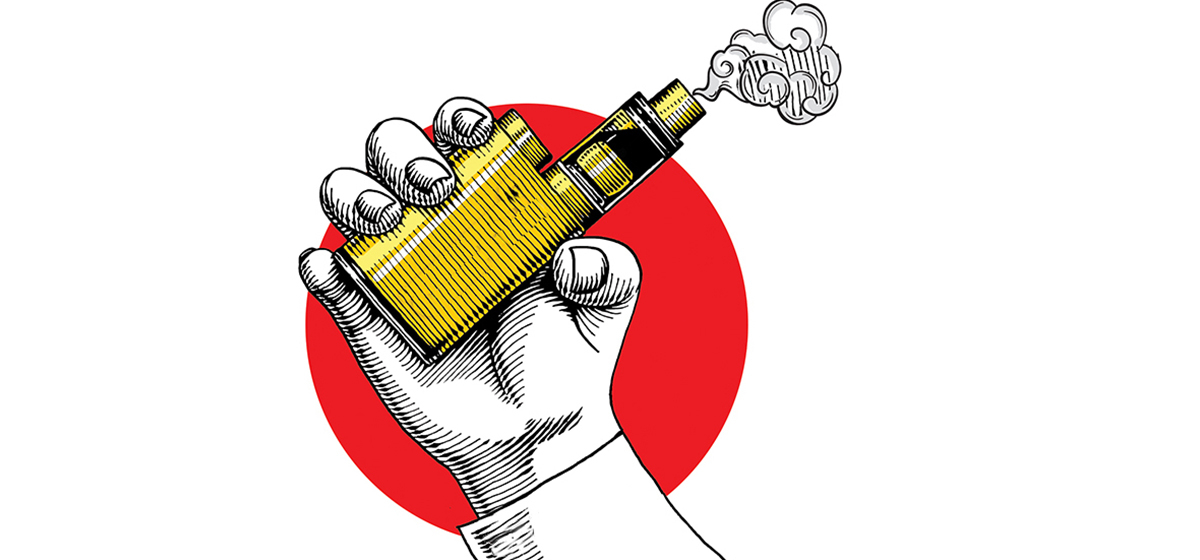
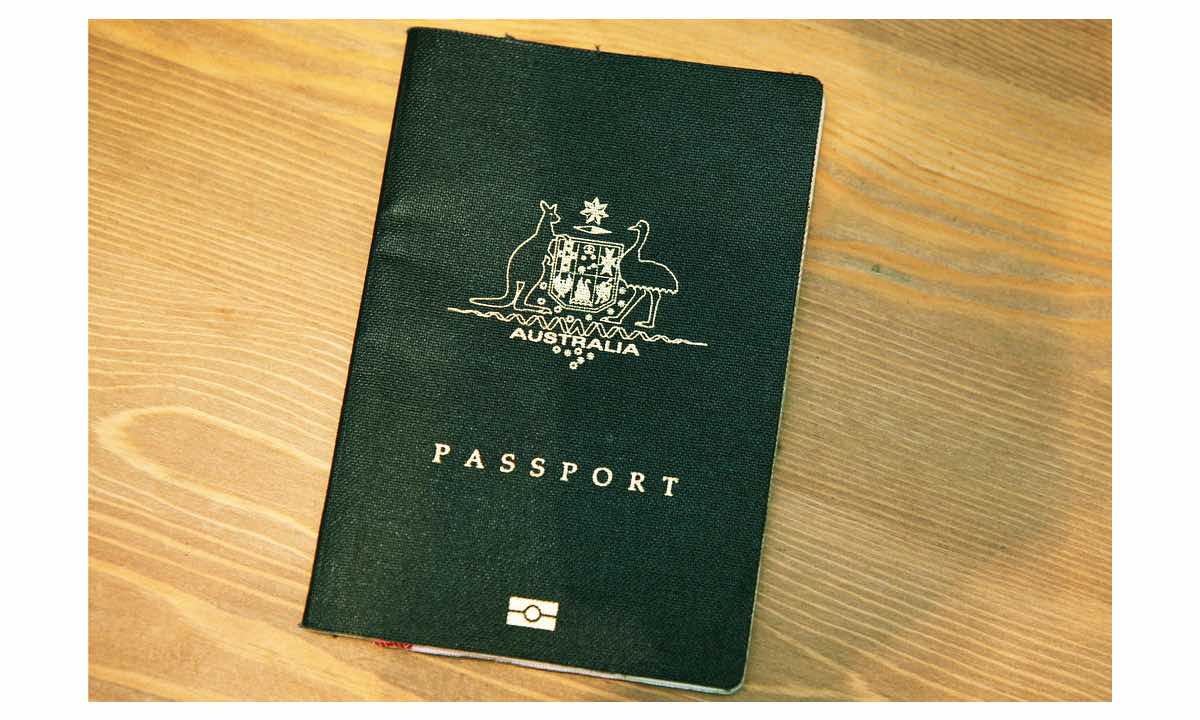
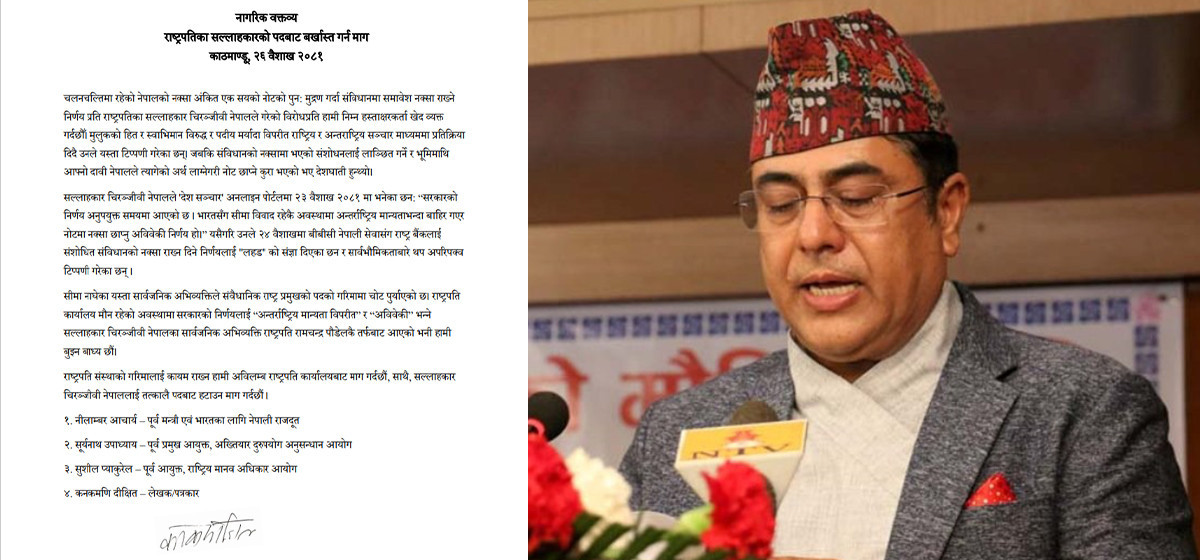
_20240508123602.jpg)
Just In
- Civil society group demands removal of President’s Advisor Nepal over comments on new banknote featuring new Nepal map
- 27 people die in incidents of fire, forest fire and lightning in last 24 days
- Fake license distribution case: Former computer operator at DoTM arrested
- Tax administrators and experts from 16 countries gather in Nepal for regional technical meeting of ATI
- MP Nembang identifies three priorities for Ilam after taking oath
- JSP Chairman Yadav holds press conference, accuses unlawful party split while abroad
- Renowned singer Menuka Paudel undergoes eye surgery
- Sunkoshi-Marin Diversion achieves breakthrough




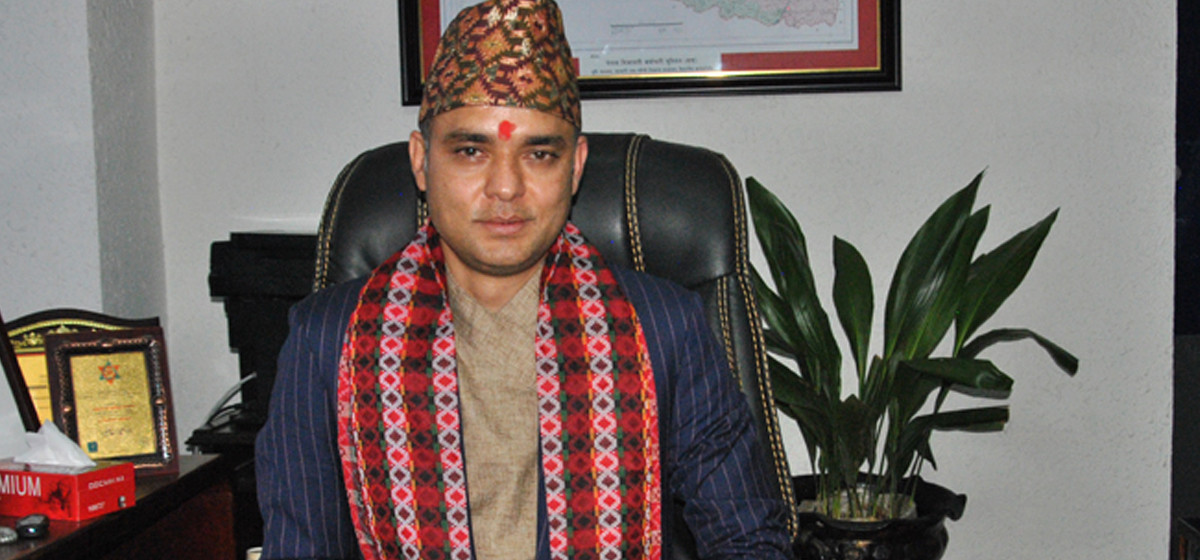
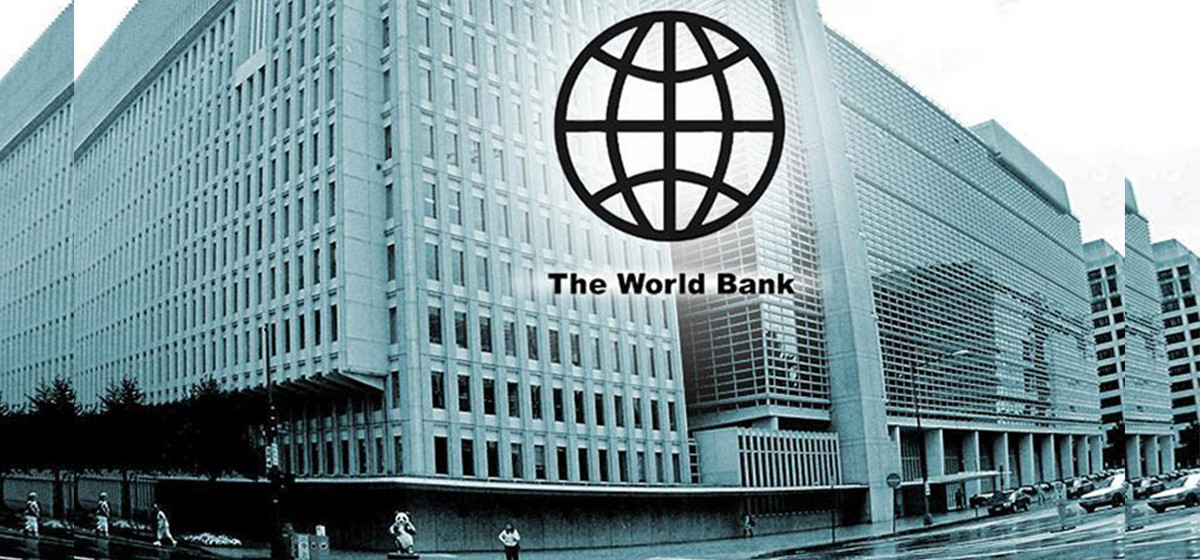
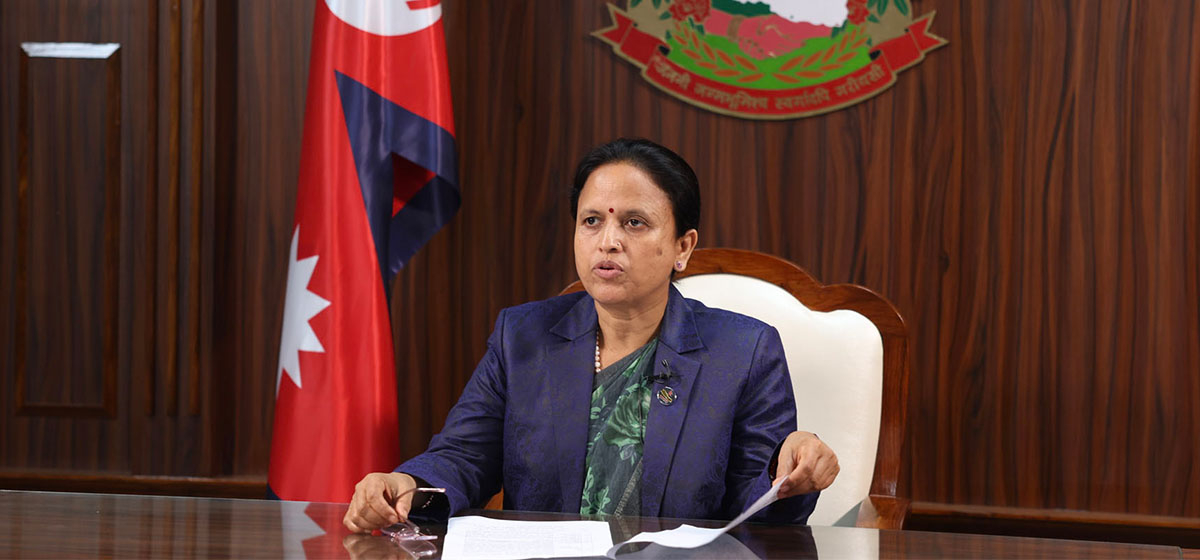

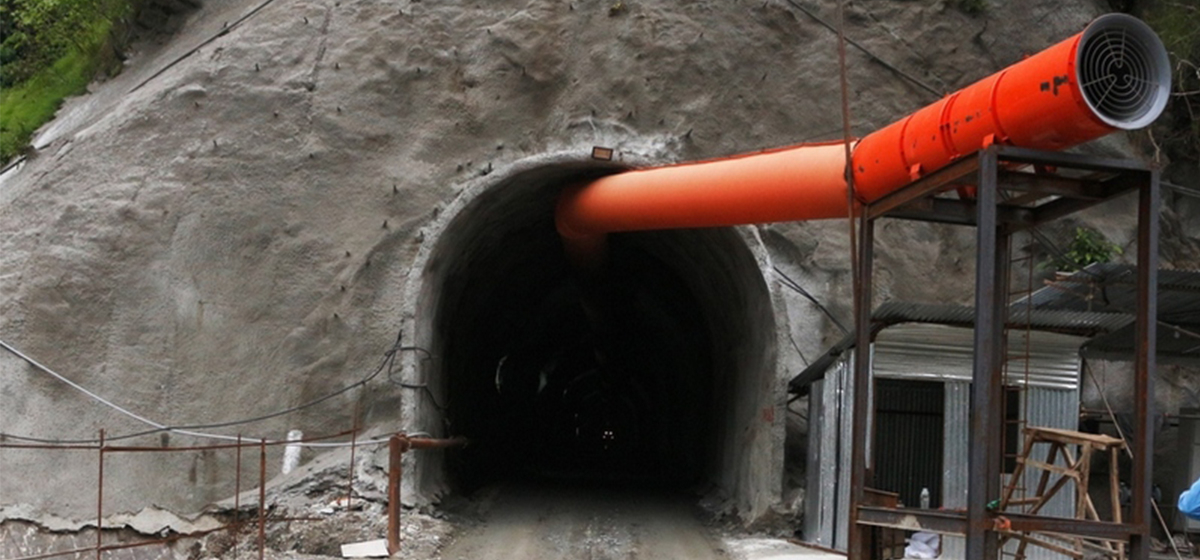
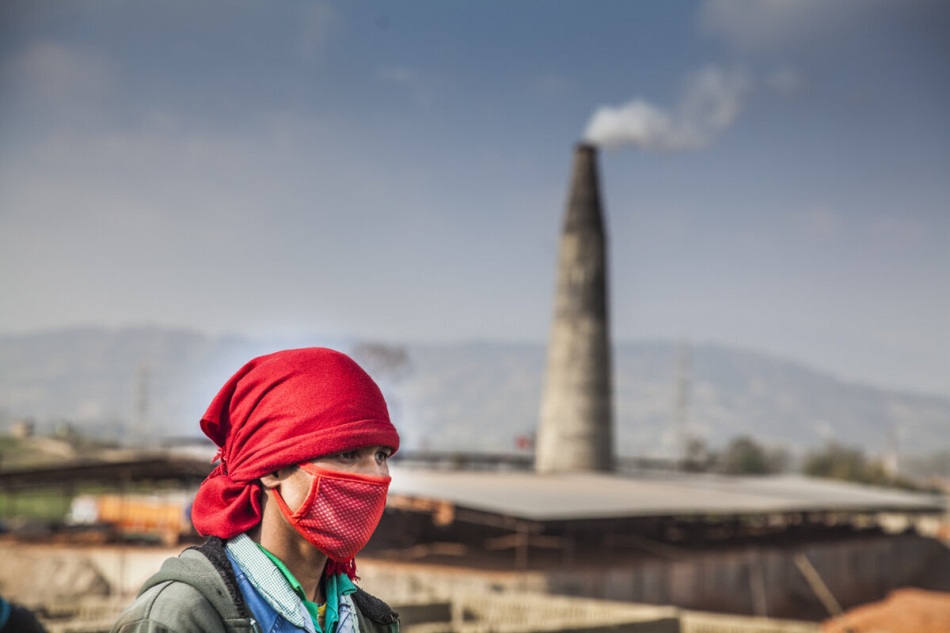


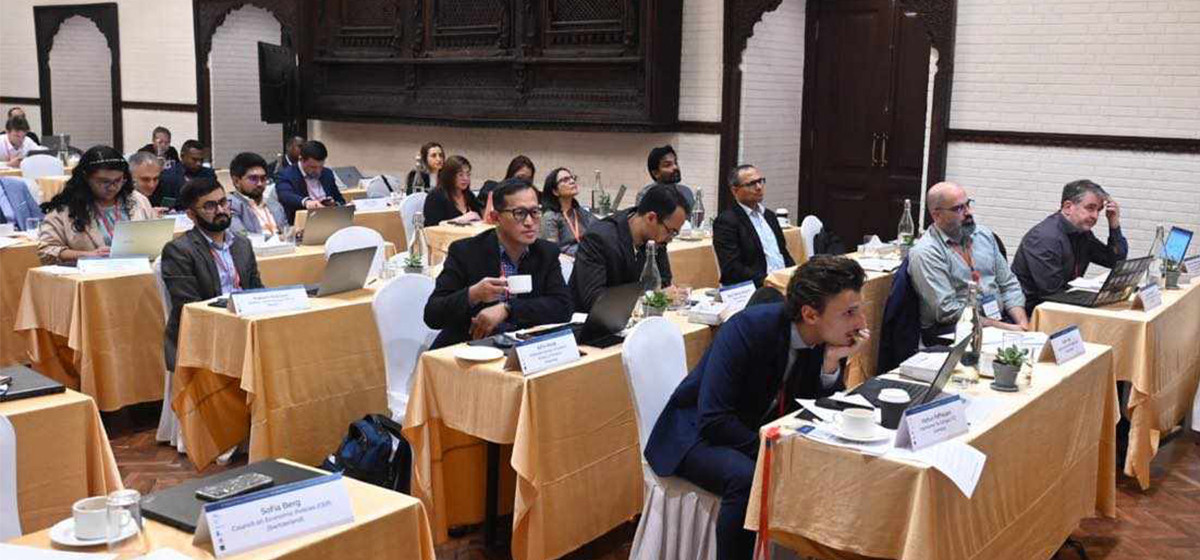

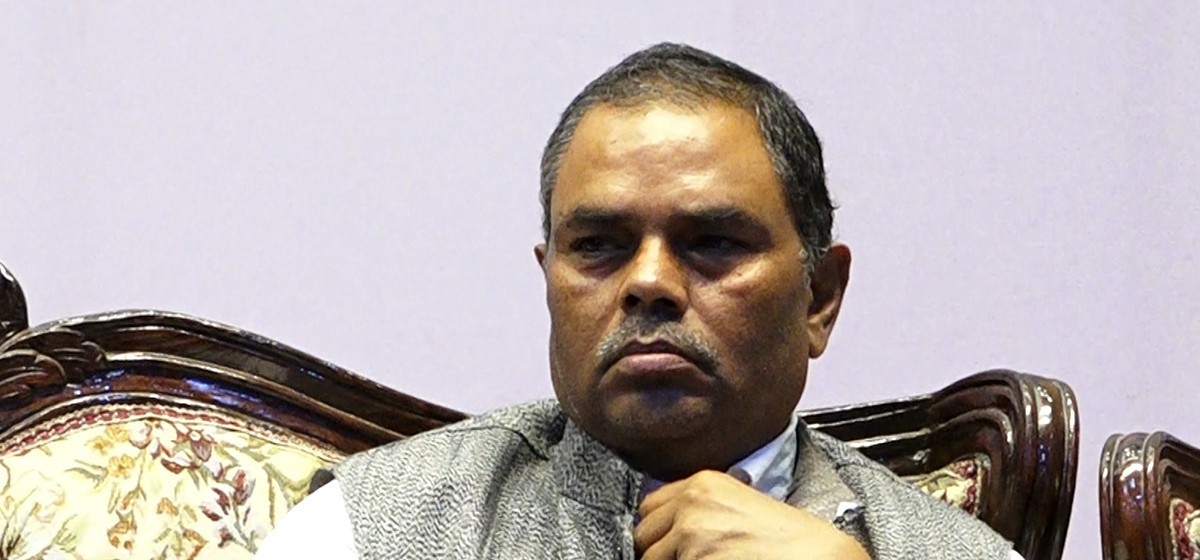

Leave A Comment